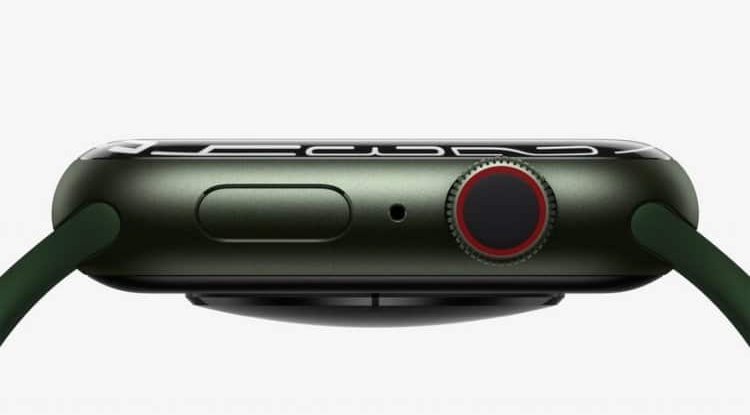THE INTERNET WILL BECOME FASTER: The basic TCP standard of the global network is changing
Eight years ago, Google announced a technology that would replace the TCP standard on which today's Internet is based. Quic is a new data transfer protocol between computers that improves data speed and security!

TCP (Transmission Control Protocol) was introduced as a standard for data exchange in 1974, as a necessity to define the exchange of data between two devices on the Internet.
TCP and Quic work together with the original IP (Internet Protocol) standard.
TCP controls how data is divided into packets which are then specifically addressed and sent over the Internet infrastructure and then reassembled on the other side of the connection.
TCP also takes care of how connections are established and how data lost in the transmission process is recovered.
Quic
The new standard, Quic, is designed to do the same things, only better.
It uses another Internet standard, UDP (User Datagram Protocol), which is faster than TCP, but does not have mechanisms for recovering lost packets.
This is why Quic has its own separate mechanism that is faster than the one used by TCP.
Also, Quic sets up encrypted connections faster, which is very important because Quic, like TCP before it, is the basis of the functioning of the HTTP standard that your browser uses to open web pages.
This should be seen as part of a system in which accumulating small delays can create a major problem.
Early last week, the Internet Engineering Task Force, the organization in charge of developing and setting many global network standards, finally announced Quic as the official standard.
Internet browsers have been testing the new technology for years, but have been awaiting IETF approval as a sign that the standard is mature enough to implement.
Many devices, programs, and services are made to use old infrastructure, which has been working for decades.
So it should come as no surprise that Google Quic first announced it in 2013, as an experimental addition to the Chrome browser.
However, the development of technology, the demands for higher speeds, more secure connections require the improvement of the existing network, which functions as the backbone of communications and business of most of the modern world.
That’s why engineers need a lot of time to make such a big transition from TCP to Quic.
One of the engineers working on Quic standardization, Jana Jengar, said Quic will lead the next generation of Internet innovation.
According to research conducted by Google, it is said that Quic reduces the waiting time for web results by 8% when it comes to PCs and 4% on phones.
The time users spend downloading YouTube has been reduced by 18% on PCs and 15% on smartphones.
By: Deya - Gossip Whispers





































